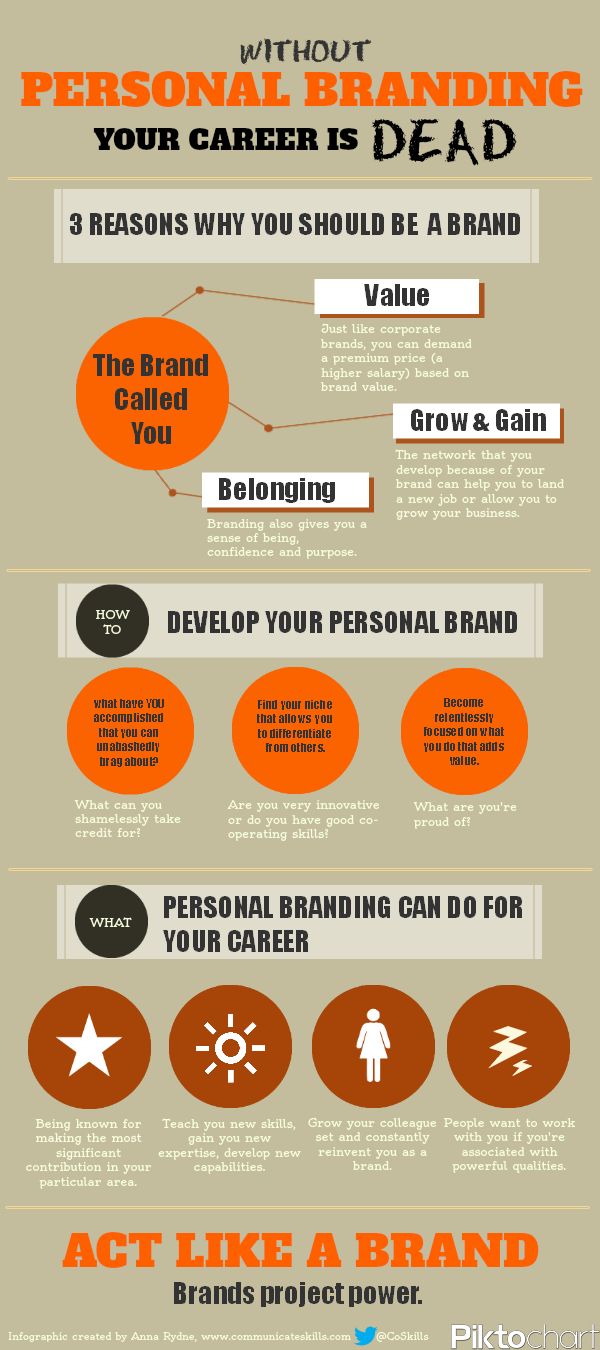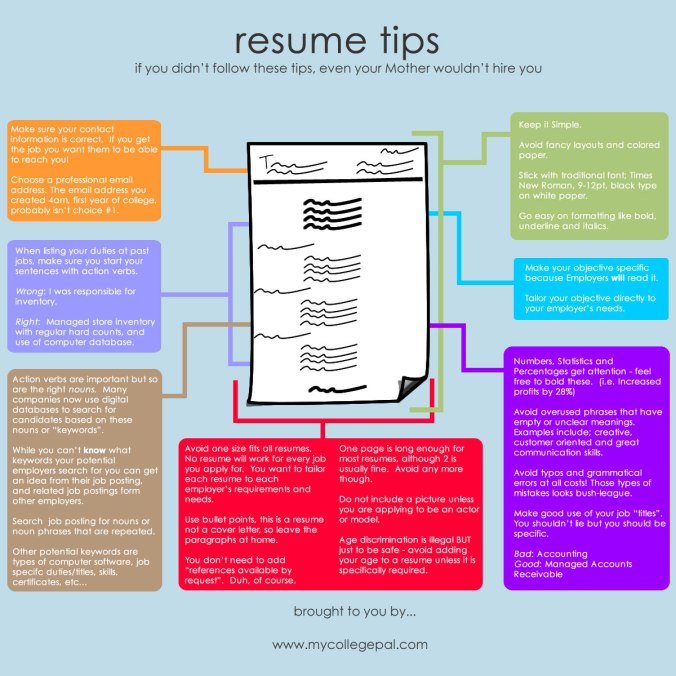
Every year recent graduates face the employability challenges and struggle to find a job, trying to assess their career possibilities and impress the potential employer. However, it’s common knowledge that most of the CVs are not viewed by recruiters and go right in the bin. Unius has decided to look at top trends in recruitment and summarized thoughts of HR professionals to give students useful tips in their job search process.
1. Competition for top talents
After several years of slackness, HR experts are expected a new round of the intense competition for skilled and talented young professionals in 2014. In many industries companies’ recruiting resources and tools will be used to the limit. Aggressive recruitment programs along with counter offers and renovated approaches will be observed to the full extent in the near future and companies will demand new selection technologies that will give them the competitive advantage in the recruiting process.
2. Need for innovators
Enormous economic success of companies that have made a bet on the development of innovative technologies (e.g. Google, Apple, Facebook) has showed senior managers the importance of hiring and retaining innovators. It means that companies will recruit even more talented young people who will be able to offer non-standard solutions and provide stable economic growth for the company. However, it’s not easy as it seems because the employers need to alter the current system of recruitment and consider new effective ways to find prospective employees.
3. Considering social media profiles
Instead of reading CVs and cover letters, companies are expected to work with the candidate’s profile in social networks. Thus, it will open the door to those prospective employees, who are not in an active job search mode. Most of the HR experts state that these professionals are often better meet the needs of the company but it’s hard to find them for recruiters. Although there are still administrative obstacles, more and more companies are considering the social media profile at least at the beginning of the recruiting process.
4. Use of mobile applications as a recruitment tool
The growing popularity of mobile platforms encourages recruiters to develop specialized recruiting-focused apps that will allow candidates to apply directly via mobile devices.
5. A data-driven decision-making
HR specialists predict that talent analytics will be an important part of hiring process in the near future. A data-driven approach has already used in the finance and marketing world and now it is shifting towards recruitment. The trend demonstrates that many companies will be able to find out what makes their top employers different from others and will be looking for the same qualities in their potential candidates.
Check out how Unius can help you to find your perfect job on http://www.uniuslearning.com





